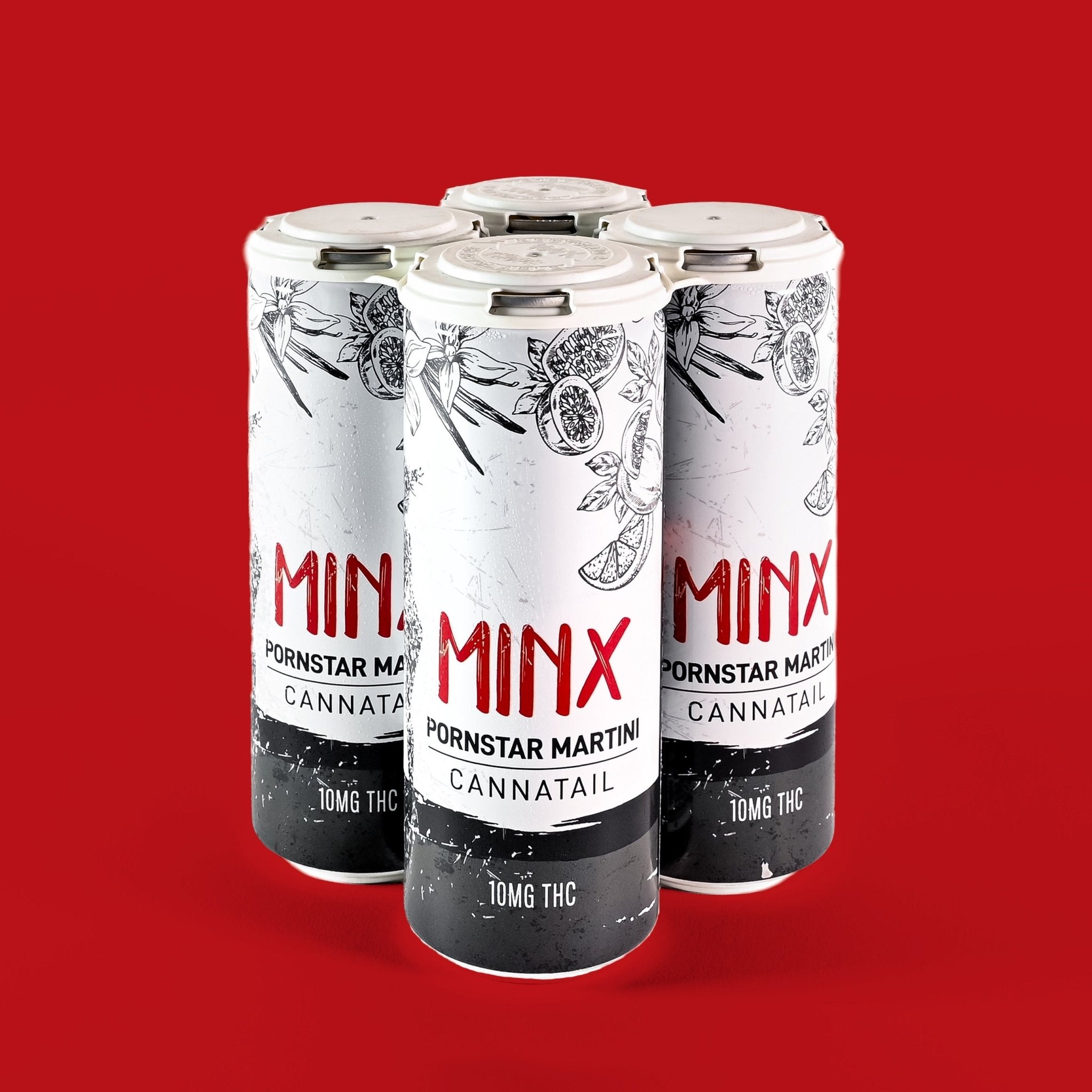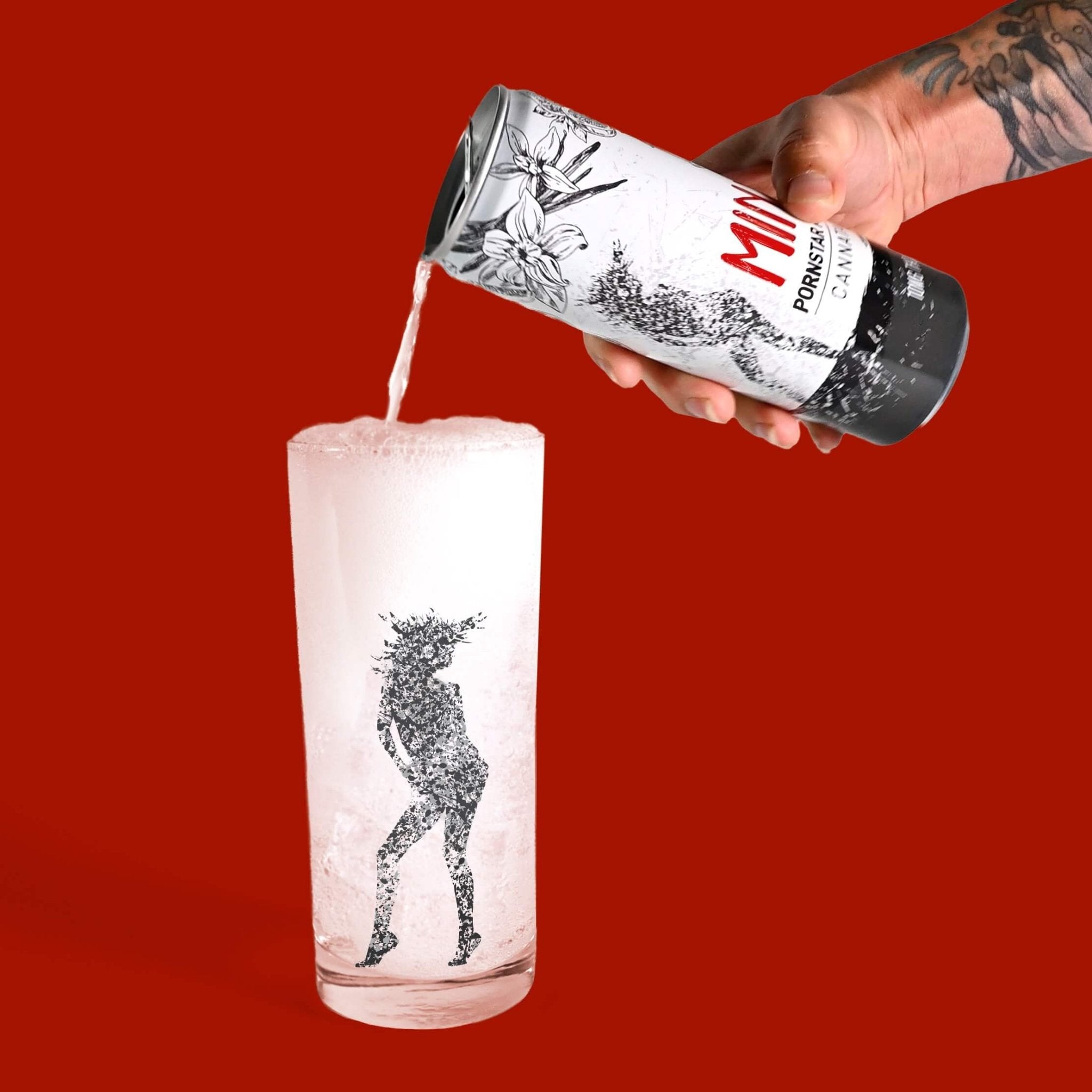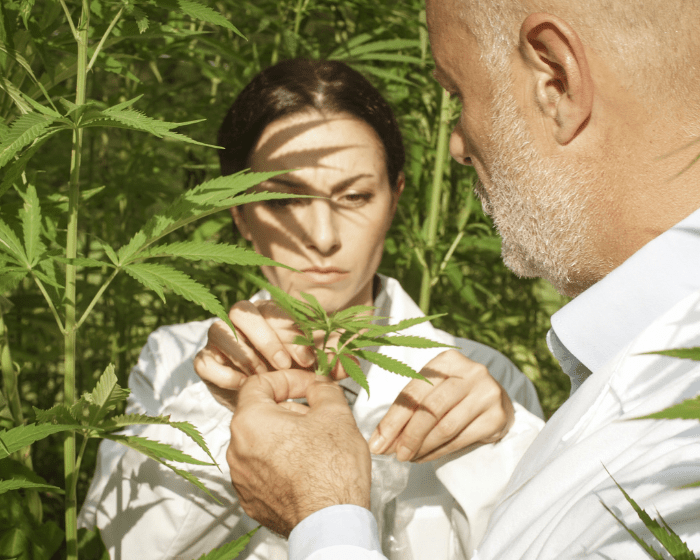
Hemp seed shows promise as a nourishing and adaptable food source that could help fight malnutrition around the world, according to findings from cannabis researcher Kenzi Riboulet-Zemouli laid out in the Sustainable Cannabis Policy Toolkit. And with high carbon-capture rates, cannabis farming could also help slow climate change.

Riboulet-Zemouli is an advocate for sustainable drug policy reforms who co-founded NORML France (National Organization for the Reform of Marijuana Laws) and FAAAT, a think-tank for alternative approaches to addiction.
The Sustainable Cannabis Policy Toolkit, first reported on by Hemp Today, is a guide for aligning hemp policy with the United Nations 2030 Sustainable Development Agenda in its aim to:
- create conditions for sustainable, inclusive and sustained economic growth
- ensure the lasting protection of the planet and its natural resources
- end poverty and hunger
- combat inequalities within and among countries
- build peaceful, just and inclusive societies
- protect human rights
Hemp Seeds and World Hunger
“Local hemp seed production […] can help secure continued, cheap, equilibrated and essential food supply in impoverished areas,” Riboulet-Zemouli writes in the Sustainable Cannabis Policy Toolkit.
Humans throughout history have eaten hemp seed, and contemporary research confirms that it's a nutrient-rich food.
According to a 2020 analysis published in the journal Nutrients, hemp seed contains:
- a perfectly balanced composition fatty acids
- proteins that are easy to digest and rich in essential amino acids
- complex carbohydrates including a high ratio of insoluble dietary fibre
- vitamins
- minerals
- antioxidants and other beneficial constituents
Key to ensuring access to this food is preserving and promoting indigenous hemp varieties and traditional ways of growing them. But in some places, this type of seed saving and crop breeding may be threatened by current policies.
Key to ensuring access to this food is preserving and promoting indigenous hemp varieties and traditional ways of growing them. But in some places, this type of seed saving and crop breeding may be threatened by current policies.
Because saving and planting seeds results in slow genetic changes over time, laws defining legal cannabis by a limited number of registered varieties could impact the ability of communities to breed and grow their own hemp.
One significant policy implication of the toolkit is that lawmakers must preserve or reinstate communities’ rights and ownership over the plant and its genes.
Cannabis and Climate Change
“Cannabis and its policies might not be at the core of multilateral action on climate change,” the toolkit acknowledges, “yet they claim to be an influencing factor on multiple climate-related outcomes.”
The plant has a high carbon-capture rate, making it a green alternative to products in various industries, from construction to packaging, made from petroleum-based or non-renewable materials.
The report specifically mentions hemp’s use for:
- furniture
- roofing shingles
- bioplastic
- cars (door panels and other body components)
- “hempcrete,” a concrete replacement
- paints
- sealants
“Such a material is key to building resilient and environmentally-friendly infrastructures and industries,” the toolkit says.
“Such a material is key to building resilient and environmentally-friendly infrastructures and industries.”
— Kenzi Riboulet-Zemouli, Sustainable Cannabis Policy Toolkit
The report notes that policies can have indirect effects on climate as well. Where cannabis is illegal, for instance, black-market growers may clear forests to grow illicit crops. Others may grow the plant indoors, increasing the amount of energy needed to supply artificial sunlight.
‘A Renewed Vision of, and Connection with Nature’
The toolkit’s authors wrote that cannabis — with its potential for widespread cultivation and its diversity of potential uses — could help the UN reach 15 of its 17 Sustainable Development Goals as outlined in the 2030 Agenda.
“In an overcorrected world village where the behavior of our societies disrupts nature at its utmost point — from pandemics to climate change — the decade 2020-2030 calls for a renewed vision of, and connection with nature,” the paper reads. “Cannabis and its policies are also a lever for that goal.”







































